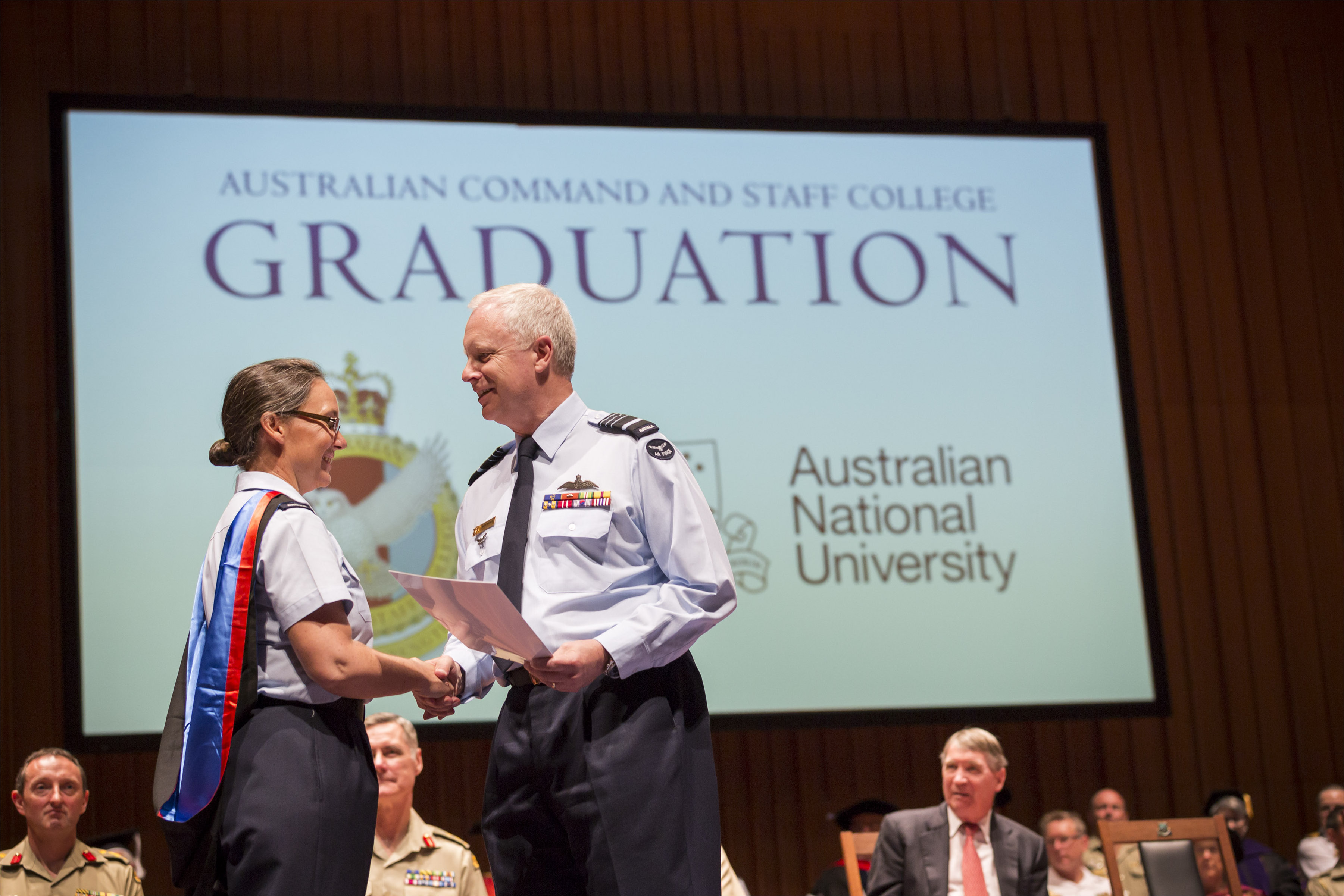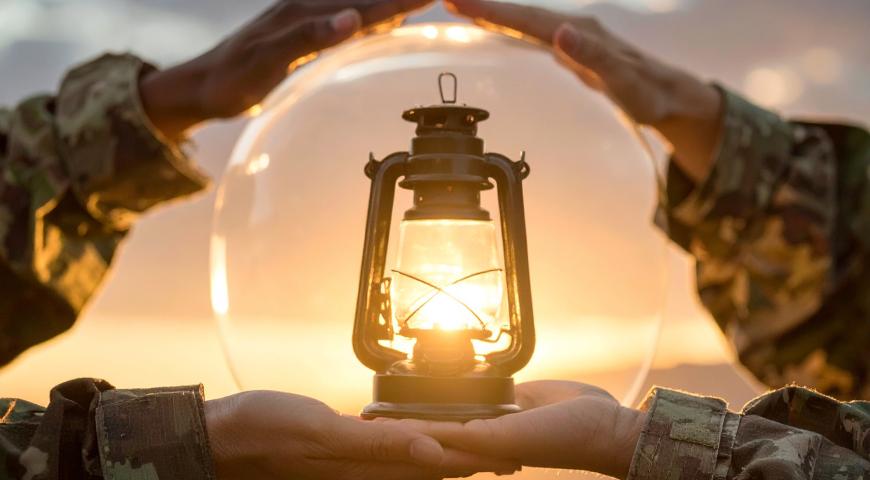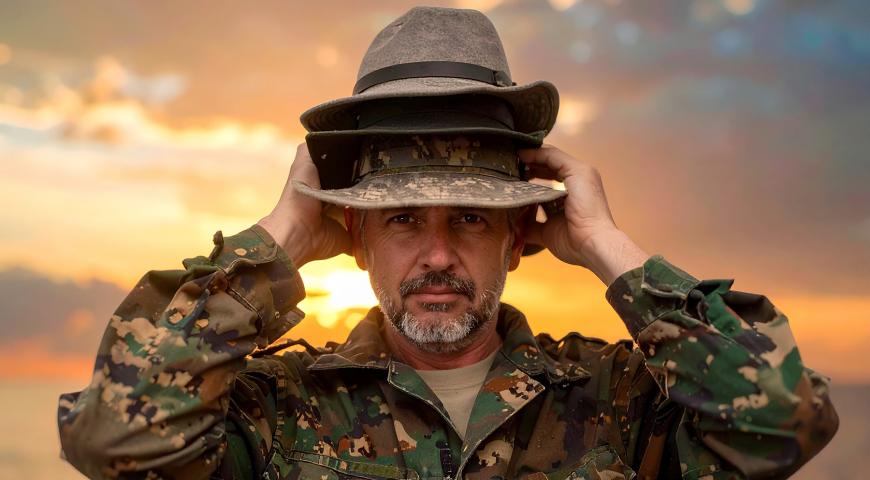The ACSC contributes to the development of the critical intellectual edge for the Australian Defence Force. It does so in a January-December full-time course at the Weston Campus of the Australian Defence College, in Canberra.
The philosophy of the course is set out in the Australian Joint Professional Military Education Continuum (2019). In particular, the curriculum sets out the expectation for mid 04- mid 05 APS6-EL1 officers who are at this stages of their career moving from tactical to operational and strategic domains, within the broader Defence organisation.
Most course members (CMs) have completed one or more deployments with about 15-20 years military service. While some CMs have university study at bachelor and master level already, others are new to their optional enrolment in the concurrent Master of Military and Defence Studies. This is awarded by ANU on successful completion of the university assessment, concurrent with the Staff course qualification of jsc.
Formal academic modules in Communication, Strategy, Leadership and Operations also cover relevant military history.
Visiting lecturers and ANU academic staff offer the course content which forms the basis for discussions in ‘syndicates’ of about 14 O4 rank course members each, from the three services and the APS, as well as overseas course members from selected armed services, in what universities might call tutorial groups, each with a member of the ACSC Directing Staff (DS). These DS are O5 level officers, mostly ADF, and with several overseas exchange officers each year, bring an experienced and international dimension to both content and style in the course.
When a group of DS were tasked recently by the AWC Commandant with concisely articulating our role, the discussion was predictably wide-ranging over a variety of approaches. At length, one group of DS informally produced the following description (to whom appreciation is expressed):
‘ACSC DS inspire, guide, coach and mentor CM. DS facilitate CMs' learning in order to equip graduates with a strategic outlook, critical thinking skills and the intellectual edge necessary to meet the future leadership and staff requirements of their defence force.
In case this reads like an organisation’s bland and forgettable mission statement, let me suggest that the word ‘inspire’ is worth unpacking. It came only after considerable debate, and with eventual consensus among the DS in the group.
On reflection, it occurred to this author that the word ‘inspire’ alone of the verbs used addresses the reality that teaching and learning are relational processes. Certainly the CMs are inspired to learn, to develop themselves, and to acquire the skills and knowledge that the course makes possible.
Perhaps significantly, too, the word ‘teach’ was deliberately omitted by the DS from their list of functions, on the grounds that serving officers posted in as DS, without formal qualifications in education, did not see themselves as automatically possessing the skill set of professional teachers and educators. Such deference and respect may be applauded, but it is suggested that the art and science of teaching takes many forms, across a variety of pedagogies. Some ‘qualified’ teachers live on in our memories of school years as hopeless, while others standout not just for their knowledge, but also for their passion and enthusiasm, for their ability to engage with and bring out the best in students. They are the authentic teachers who live out the values that guide us, and who make a lasting and valuable impression.
However, what sets the teaching and learning at the ACSC apart from an on-line distance education course is the personal attention that the DS are able to offer each CM, and the small group face-to-face syndicate discussions and exercises that structure the teaching and learning.
It is not too much to claim that CMs are inspired by each other, in their collaborative endeavours. As everyone knows, shared and demanding experiences can yield not just wide networks but lifelong friendships. The latter are a bonus for CMs in the ACSC, and central to this are the experiences of challenging others, some from other nations, and being challenged by them, as part of the teaching and learning enterprise.
Thus, the course should not be judged by its content, like a statement of works in a project or list of materials in quantity surveying, but rather by its process, its lived experience, and by its impact on course participants – and by their impact on their later professional service in their organisations.
This type of learning and the personal development that it encourages cannot be acquired from merely reading (although the course has plenty of that). It is only when through a series of presentations and discussions on the basis of the curricular content, that the CM is able to test, retest, and consolidate his or her critical thinking in relation to topics that are set, as well as those that emerge in the course of this controlled confrontation.
Note that it is not adversarial. It is competitive in that it encourages CMs to be the best they can be, but not at the expense to others. Certainly, assessments via exams and assignments are required and marks and feedback are given by the DS, mostly anonymously as it happens, through blind marking. What makes teaching and learning in the ACSC different from many educational institutions is the expectation of collegial and collaborative effort by CMs to produce genuinely group-facilitated outcomes.
This is what sets education apart from training. Training refers to the process of teaching knowledge and skills in relation to specific tasks. Education is more comprehensive, based on knowledge acquisition, but also on attitudinal and personal development that creates an ongoing desire for continuous learning. Critical thinking, reasoning, and cognitive maturity are essential components in contemporary education.
These do not come from reading, although reading is likely to be essential. They come from creatively reflecting and doing, from interacting with others, from listening, and being listened to, and from thinking. Such an education is not within easy grasp. If it were, without the element of the ‘stretch’ of the individual learner, but only with ‘fit’ to some external standard, then it would be only training for a skill, and without the means to flexibly learn and develop as yet unknown knowledge, skills, and abilities that lie beyond merely ‘fitting’ the learner for an existing requirement.
To this extent, the curriculum for the ACSC should never be seen as complete or limited. It will always be dynamic, evidence-based, and academically respectable, but also responsive to the unique demands posed by shifting external requirements and by the continual flux of newly-arriving CMs and DS with their individual experiences and expectations, that makes for the kind of relational learning and personal development in small groups, that goes beyond any set formula or curriculum.
Learning can be defined as the relatively permanent change in behaviour consequent on experience. Teaching is the set of student-centred activities that provide for duly intended learning. In this sense, the DS, along with academic and visiting lecturers, are teachers who inspire, guide, coach and mentor CMs.
Just as opera might be memorable because of the indefinable affective engagement of audience with artist, so also the best education is life-changing through the process of inspiration and engagement with people and content. The ACSC offers such an experience of teaching and learning, as part of joint professional military education in the ADF, and beyond.
Author: Dr Paul Davidson has taught in Australian and international universities for 50 years, and is currently on leave from QUT where he is Associate Professor of Management. He is currently serving full-time as a DS in the ACSC, as a Navy reserve officer. He taught for four years (1996-2000) in the single service staff college at HMAS Penguin.
Social Mastery
Please let us know if you have discovered an issue with the content on this page.
Comments
Start the conversation by sharing your thoughts! Please login to comment. If you don't yet have an account registration is quick and easy.




